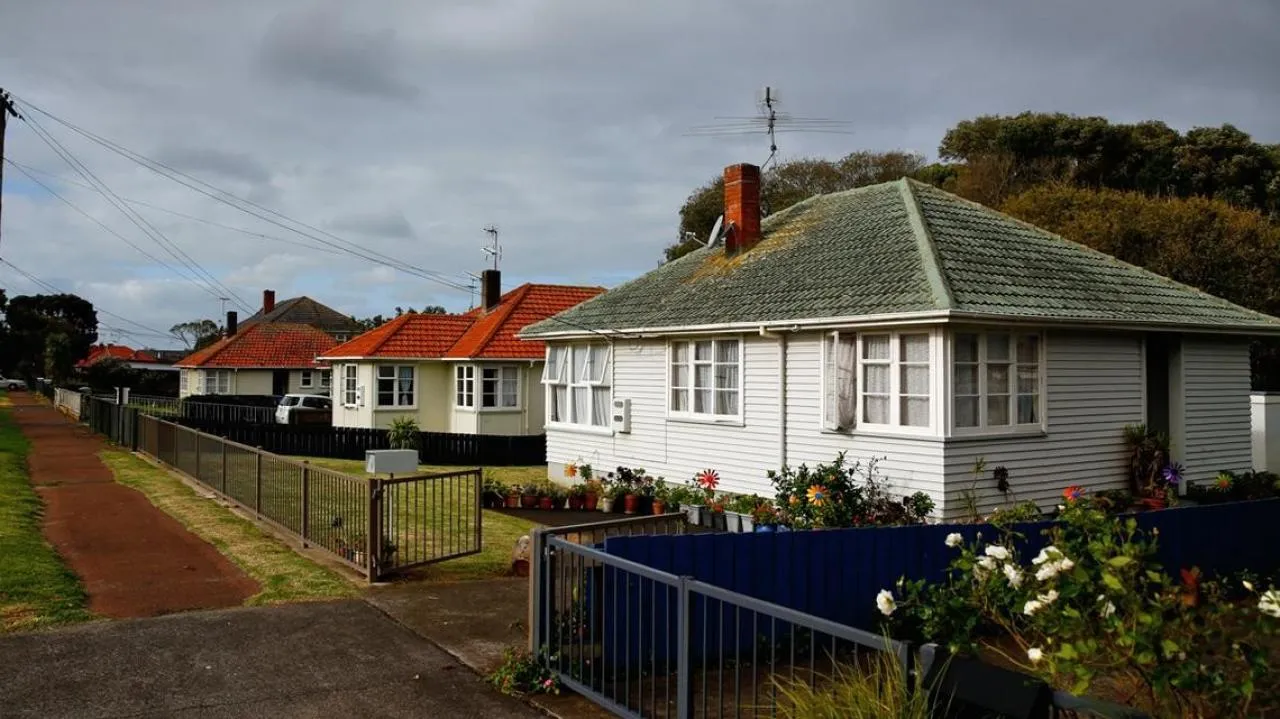Table of Contents
At the end of April, the Reserve Bank removed mortgage loan-to-value ratios (LVRs) for 12 months. This decision was made to ensure LVR restrictions didn’t have an undue impact on borrowers or lenders as part of the mortgage deferral scheme implemented in response to the COVID-19 pandemic. Now there is an expectation that LVRs will be reintroduced before the end of the year. LVRs are a tool to restrict borrowing with low deposits, and are used when there is concern that house prices might fall significantly and impair banks’ solvency.
We all know, of course, that house prices have skyrocketed during 2020, not least because of many returning Kiwis wanting to buy homes here. Returning Kiwis are just as much of a problem to the housing market as large numbers of immigrants: it is just that they are recorded differently. Returning Kiwis can buy a house straight away, whereas new migrants often have to jump through a number of hoops before they can get onto the property ladder.
Bringing back LVRs is going to have little effect on the housing market. It may make life a bit more difficult for a few first-time buyers, which is not the intention of LVRs anyway. LVRs are designed more to restrict investors, but are unlikely to have much effect this time. Here are the main reasons why.
Since August 2017, this country has experienced net migration of about 200,000 people. Since March this year, approximately 50,000 Kiwis have come home. So we are looking at approximately 250,000 people moving here in the last 3 years. But when the current government took over in October 2017, they recognised that there was already a housing crisis and promised to build 100,000 homes in the next 10 years. Three years in, and they have built about 600 houses. In simple terms, 250,000 into 600 houses doesn’t work. We have a chronic supply problem. In comes Economics 101, where the definition of inflation is ‘too much money chasing too few goods’. We will not see house price inflation curtailed until we do something about the supply of housing, and clearly, with the government abandoning its Kiwibuild policy, that is not going to be anytime soon.
Coming from the UK, it has never made sense to me that there is a housing shortage in a country that is bigger overall than the UK, which accommodates over 60 million people, when there are only 5 million people here. But the problem is not a lack of land, it is a lack of land available for housing. If councils continue to refuse to extend town and city boundaries, then this madness will continue. Councils actually stop the progress of house building, by refusing to rezone land, charging exorbitant fees for consents and approvals, and making the whole process lengthy and laborious. I am told that in the Wellington region, council charges can add $60,000 to the cost of building a house. Another slice of madness.
One thing that the government overlooked when developing its Kiwibuild policy is that the construction sector has a shortage of skilled workers. Basically, every construction worker worth his salt is flat out, and has been for several years. The government is trying to address this with a programme to incentivise apprentices, but of course there is a long time lag between someone starting out as an apprentice and becoming an effective builder. Until we solve the skills shortage, there will be few new houses built anyway.
Historically low interest rates make buying a much better option than renting, made worse by the fact that landlords are leaving the investment market in droves. If you can get a deposit together, interest rates in the region of 2.5% make buying a home the proverbial no-brainer. If the Reserve Bank was really interested in cooling the housing market, they would increase interest rates, making borrowing for houses less attractive. Instead, as the only item in the toolbox to use to stimulate the economy, they have driven interest rates so low that every man and his dog can afford to buy a home to live in… they just have to be able to find a house.
Which brings me to the next problem. There are still people with money out there. People who have inherited money, those on high incomes, those who have saved all their lives for a decent retirement – not many of these people get much joy from leaving their money in the bank. There are really only three types of investment vehicles; equities, property and cash. With cash being a poor option, and many people a little wary of equities (particularly older people who lived through the 1987 stockmarket crash), property is the only thing left. Anyway, if you have the cash and don’t need to worry about little things like LVRs, what could be better than buying a house that is likely to increase by $100,000 in value in the next 12 months? Those who are feeling uncomfortable renting out the property do not need to do so. Just hold on to it, and sell it for a profit after 5 years, when the Bright Line test time limit runs out. What a disaster for the government, for potential renters and actually for the banks, who will also have historically low rates of customer deposits in the current environment. But it is the banks and the government themselves that have made property investing so very attractive, and as they say, you reap what you sow.
And finally, there is another problem. The government is now printing money. Yes, it is all because of COVID, and yes, hopefully it will be short term and yes, it will all have to be paid back. But printing money is not a good thing for a healthy economy. For a start, it erodes the value of cash reserves, as money that can be printed has less value. Secondly, it often causes inflation, and while there is no sign that this has happened yet, it is early days in our fight against the pandemic. Except for one thing. Printing money often causes inflation in asset prices. Like houses? You betcha. Printing money does nothing to increase output. We may get away with relatively low rates of inflation because of the deflationary effects of the pandemic, but all the other factors in play suggest that there will be no deflation in the housing sector. Frankly, to date, the signs have all been the other way.
My prediction is that the government will not be able to do anything about this. From the lack of vision of the Reserve Bank governor, to the incompetence of the current government ministers (any government that has Nania Mahuta as Minister of Foreign Affairs is completely bereft of talent), they will not have a clue what to do about housing. They may manage to build a few more state houses, but that’s about it. This means the housing crisis will just get worse over the next three years.
Well, there are my thoughts anyway. I look forward to reading your comments. In the meantime, I have to go out. I have an open home to attend.
If you enjoyed this BFD article please consider sharing it with your friends.









